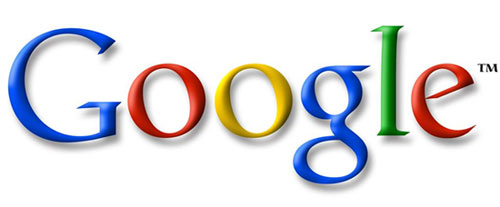
Google Inc.’s quarterly lobbying expenses eclipsed $1 million for the first time during the summer as the company tried to build on its dominance of Internet search and expand into other markets.
The Mountain View, Calif.-based company spent nearly $1.1 million trying to influence lawmakers and regulators in the third quarter, a 50 percent increase from the July-September period last year, according to a recent disclosure statement.
Google’s lobbying budget has been steadily rising during the past year even as it tightened its belt in other areas to bolster its earnings during the worst U.S. recession in 70 years.
Through the first nine months of this year, Google’s lobbying costs came to $2.9 million, a 41 percent increase from the same time last year. That contrasted with a 2 percent decline in Google’s companywide expenses during the same period.
Convinced the worst is over, Google’s management last month said the company intended to increase its spending again on technology development, computers and acquisitions. The executives didn’t indicate how the loosening purse strings will affect Google’s lobbying costs in upcoming quarters.
The recent uptick in Google’s political spending has come as the company has been muscling into new markets, including telephones, business software and electronic book sales. At the same time, Google has been steadily increasing share of the lucrative search market; it fields nearly two out of three every search requests in the United States.
Google’s success and unbridled ambition has raised more concerns about its growing power, attracting more scrutiny from regulators and lawmakers.
Last year, Google scrapped a proposed Internet search partnership with rival Yahoo Inc. to avoid a legal showdown with the U.S. Justice Department, which asserted the alliance would have broken federal laws seeking to preserve competition.
The Justice Department also has raised objections to another agreement that would give Google the digital rights to millions of out-of-print books. Google is negotiating revisions with U.S. authors and publishers in an attempt to persuade the Justice Department that the deal won’t create a cartel that could drive up the prices of electronic books.
Some of Google’s lobbying efforts in the third quarter addressed plans for digital books, as well as other intellectual property issues. The lobbying occurred in the House of Representatives, Senate and Commerce Department, according to the disclosure form filed Oct. 20 with the House clerk’s office.
Google also lobbied Congress and the Federal Trade Commission about regulations affecting online advertising, which provided most of the company’s $17 billion in revenue during the first nine months of the year.
Other topics addressed in Google’s third-quarter lobbying agenda included: cloud computing, a term used to describe computer applications that are delivered through Internet connections instead of installed on the hard drives of individual machines; the Internet’s fight against child pornography; general consumer protection; international trade agreements; and renewable energy.
Besides Congress, the FTC and the Commerce Department, Google lobbied the White House, Energy Department, Federal Energy Regulatory Commission and Federal Communications Commission in the third quarter.
Among those registered to lobby for Google were: Pablo Chavez, former chief counsel to Sen. John McCain, R-Ariz.; Harry Wingo, former counsel to the Senate Commerce Committee; and Johanna Shelton, former counsel to the House Energy and Commerce Committee.
Editors' Recommendations
- Google One AI Premium: what is it, and how much does it cost?
- 3 reasons why Microsoft Edge is better than Google Chrome
- Google’s Project Starline is a magic mirror to bring 3D video chatting to life
- Samsung Galaxy Chromebook vs. Google Pixelbook: Here’s what $1,000 gets you
- Google teases Thunderbolt 3 support for Chromebooks in new code commit


